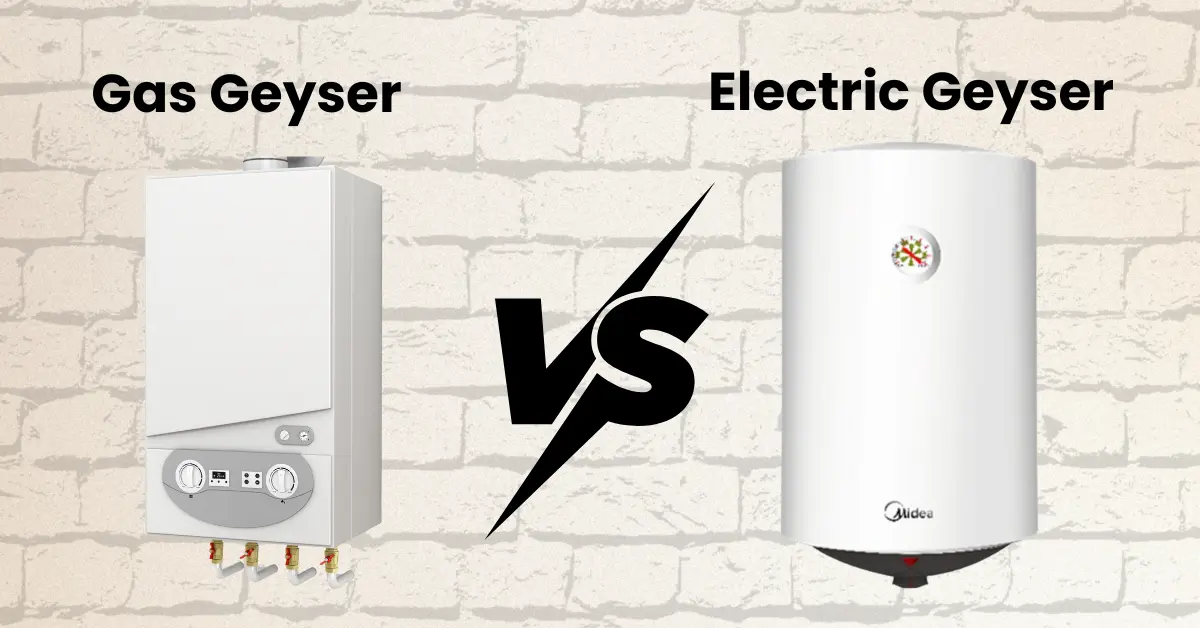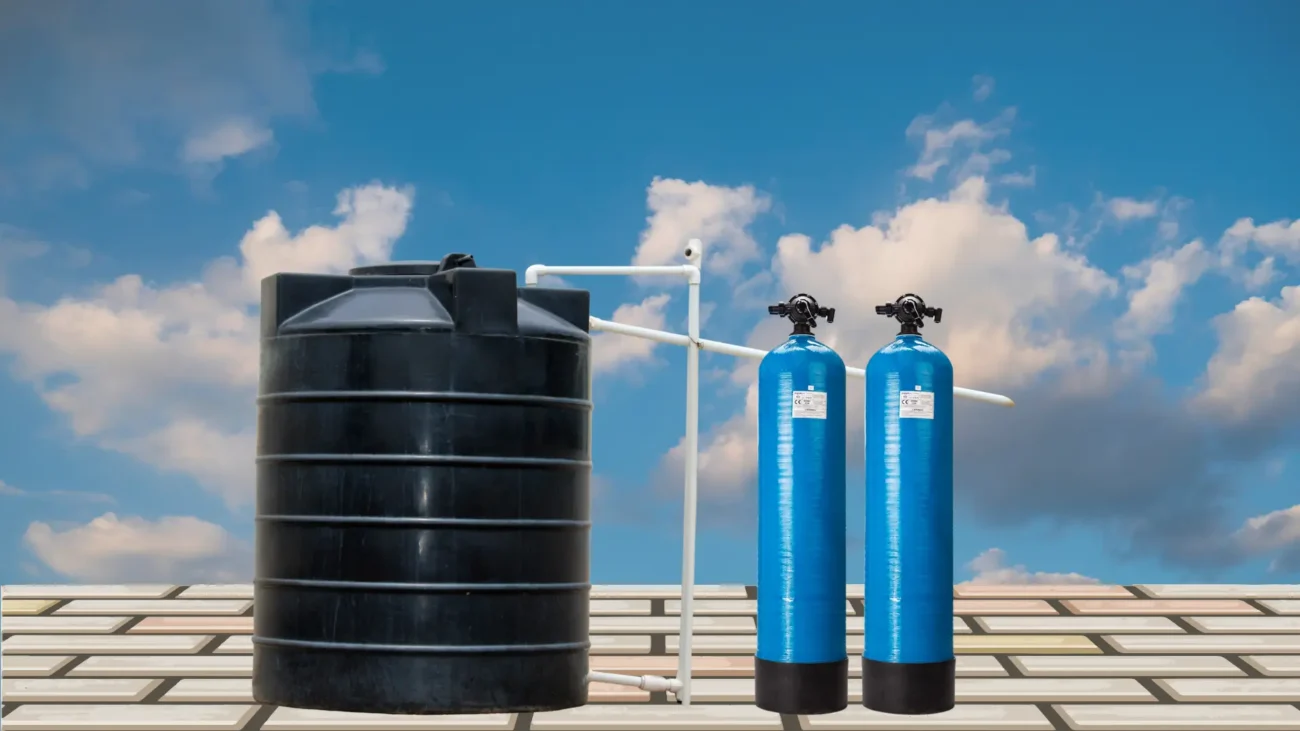Knowing About Iron Filter: An Important Clean Water Solution

To eliminate iron from water sources, iron filters are used in water treatment equipment. A frequent element that occurs naturally in both groundwater and well water is iron. Iron by itself is not bad for you, but it can lead to a lot of issues like bad taste, stains on clothes and plumbing, and clogged pipes and appliances. These problems can be successfully resolved by installing an iron filter, which will also enhance the water’s quality and usability.
Why Is Iron Removal Important?
Ferrous iron, or dissolved iron, and ferric iron, or oxidized iron particles, are the two main types of iron found in water. Reddish-brown stains appear on sinks, toilets, and laundry when ferrous iron oxidizes and transforms into ferric iron when air is introduced to iron-rich water. Due to bacterial development, a high iron level can also give food a metallic taste and unpleasant odors.
Beyond flavor and appearance, too much iron can harm water-using appliances like dishwashers, washing machines, and water heaters. Scale produced by iron deposition shortens the longevity and efficiency of various plumbing and appliance systems.
How Does an Iron Filter Work?
To extract iron from water, iron filters use oxidation and filtration. The basic actions consist of:
- Oxidation: Ferric iron is produced from the dissolved ferrous iron. This can be done by using oxidizing chemicals like potassium permanganate or chlorine, or by adding air (aeration).
- Filtration: A specific media bed is used to remove the oxidized iron particles, which are now suspended solids. Common filter media that effectively capture iron particles include catalytic carbon, birm, and manganese greensand.
- Backwashing: To remove deposited iron particles and refresh the media, the filter regularly cleans itself by reversing the flow of water.
In order to improve the overall quality of the water, several modern iron filters additionally include extra treatment procedures to eliminate hydrogen sulfide and manganese.
Advantages of Using an Iron Filter
- It removes metallic odors and reddish discoloration due to which appearance and taste of water is improved.
- It prevents damage to plumbing and home appliances that requires water.
- The sinks, toilet and laundry need to be cleaned less frequently.
- It doesn’t use harsh chemicals in its natural oxidation and filtration processes.
Choosing the Right Iron Filter
- Take into account the following factors when picking an iron filter:
- You should select more advanced filtration systems for higher iron concentration in your water,
- Water hardness and pH have an impact on filter media performance and oxidation efficiency.
- Specialized filters can be needed if there is organic waste, manganese, or hydrogen sulfide present.
- You should verify that the system can manage the water demands of your home or business.
- We should take backwashing ease and media replacement frequency into account.
For those who deal with iron-contaminated water sources, iron filters are essential for enhancing water quality. They deliver cleaner, better-tasting water, improve water appearance, and preserve plumbing systems by efficiently removing iron. Purchasing the appropriate iron filter is a wise decision for long-term water management and peace of mind, either for a residential well or a sizable commercial business.
Water testing is the first step to figuring out the best treatment strategy if you think your water contains a lot of iron. You may get fresh, clean, iron-free water every day with the correct iron filter equipment.











